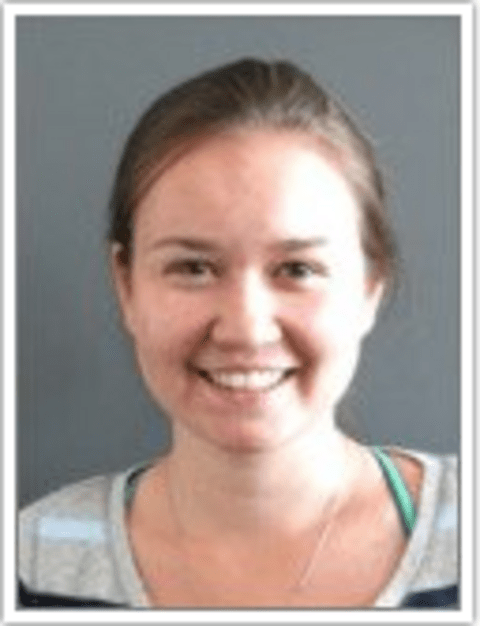Many-body States and Dynamics Workshop
On Thursday, June 7 the Institute for Quantum Computing (IQC) and the Perimeter Institute for Theoretical Physics (PI) will participate in the one-day Many-body States and Dynamics Workshop.
The goal of the workshop is to describe ongoing efforts to experimentally realize quantum many-body states and dynamics, and discuss interesting classes of states and dynamics that could be targeted.
 Surface acoustic waves (SAWs) are acoustic phonons that travel along the surface of a material and have been used for a wide variety of purposes, from RF filters to acoustic cavities to biosensors.
Surface acoustic waves (SAWs) are acoustic phonons that travel along the surface of a material and have been used for a wide variety of purposes, from RF filters to acoustic cavities to biosensors.
 Candidate: Aimee Gunther
Candidate: Aimee Gunther